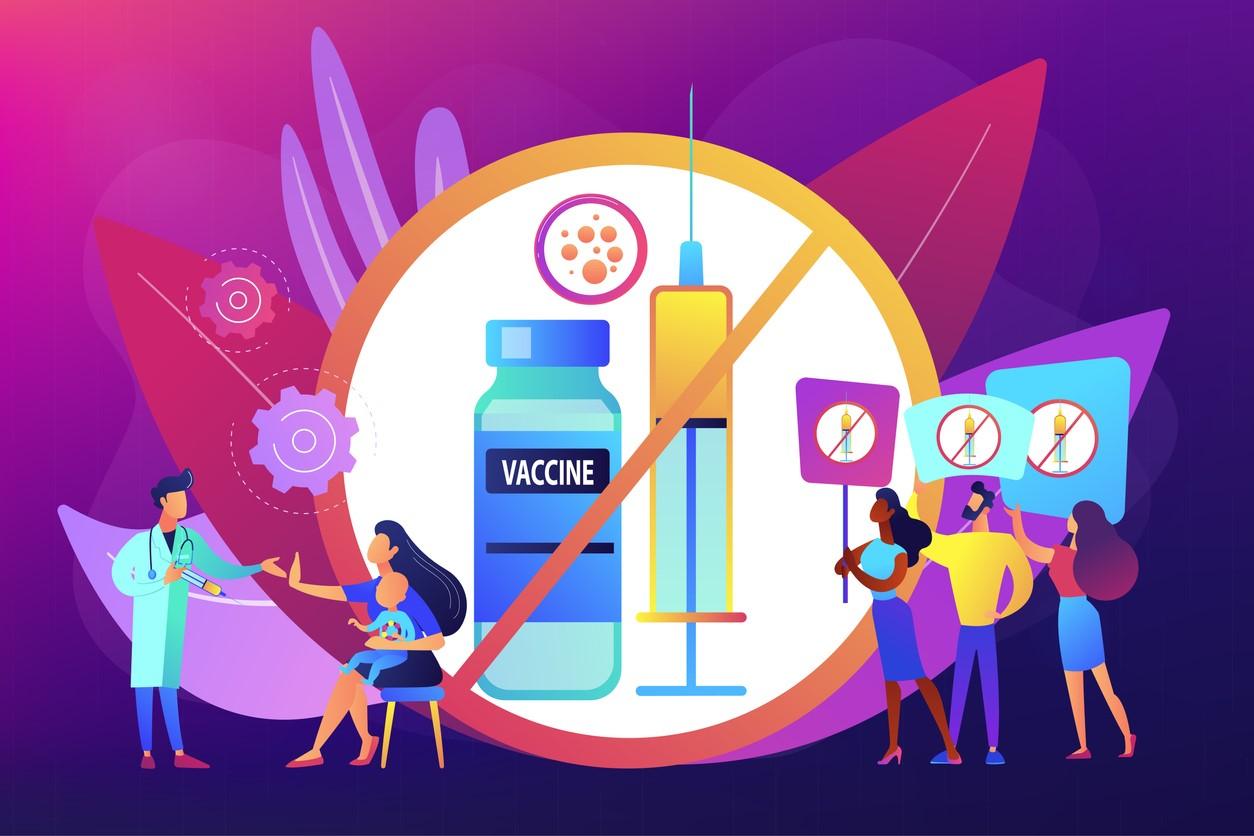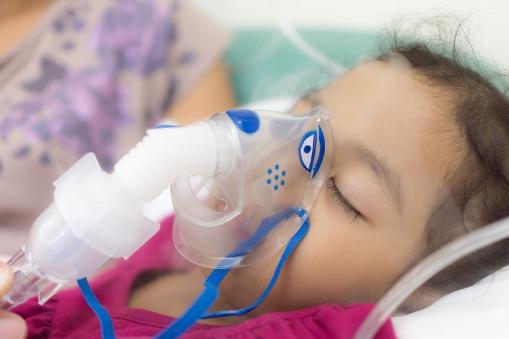
The "Make Our Children Healthy Again" report issued yesterday by the Make America Healthy Again (MAHA) Commission—spearheaded by Health and Human Services (HHS) Secretary Robert F. Kennedy Jr.—focuses on addressing chronic disease in kids in four areas, one of which includes the "growth of the childhood vaccine schedule."
The approach indicates that officials will probe whether vaccines contribute to autism in kids, among other chronic health issues. The move comes after years of Kennedy casting doubt on the effectiveness of childhood vaccines and making false claims about them and seems to ignore the fact that the vaccine schedule has grown because it now addresses more potentially deadly diseases. The report also doesn't appear to acknowledge the large number of published vaccine safety studies—including those finding no link to autism.
The report addresses ultra-processed foods, environment chemicals, the threat of technology to mental and physical health, and "the overmedicalization of our kids," which includes vaccines. Areas of vaccine concern, according to the report, include clinical trial rigor, side effect reporting, and conflicts of interest.
Benefits far outweigh risks
Kennedy said in an HHS news release, "We will follow the truth wherever it leads, uphold rigorous science, and drive bold policies that put the health, development, and future of every child first."
But a number of scientists question the federal approach and are pushing back against a narrative that questions the safety of vaccines.
In a statement, Tina Tan, MD, president of the Infectious Diseases Society of America, said, "It's important to investigate those causes [of chronic conditions], but decades of rigorous and scientifically sound research has proven that vaccines are not among them. In fact, the benefits of vaccines far outweigh the risks and provide significant protection.
Vaccines have saved millions of lives of people of all ages.
"Vaccines have saved millions of lives of people of all ages… The recent measles outbreak in the U.S.—occurring mostly among unvaccinated kids—is a painful reminder of how dangerous inaccurate information can be."
The Pharmaceutical Research and Manufacturers of America (PhRMA) said, "Other than clean water, arguably nothing has done more to improve public health than vaccines."










